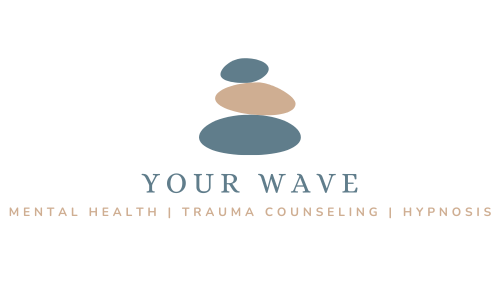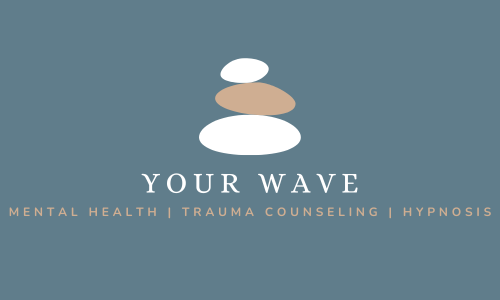Sleeping Problems, The Importance of Sleep and Tips How to Sleep Better
Sleeping Problems, The Importance of Sleep and Tips How to Sleep Better
Sleep is a fundamental pillar of our health, yet many of us struggle to get the rest we truly need. Research shows that a growing number of people suffer from poor sleep, with many experiencing chronic exhaustion and fatigue. Sleep is when the body undergoes essential repair processes, the brain consolidates emotions and memories, and overall well-being is restored. Sleep problems and their underlying causes should never be underestimated. Disturbed sleep can significantly reduce quality of life and even contribute to serious health conditions. Without sufficient rest, individuals may experience increased stress, difficulty concentrating, irritability, weakened immunity, and a host of other issues. Those suffering from persistent insomnia should seek guidance from medical professionals or sleep specialists.
Sleep Is No Longer a Priority
It seems that sleep is no longer valued as it should be. Many people view it as wasted time - something to minimize in order to squeeze more hours into the day. Work demands, YouTube, Instagram, Netflix, and countless distractions often take precedence over rest. However, this is a serious misconception! Sleep is one of the most critical factors for physical health, mental well-being, and overall quality of life.
The Science of Sleep
Scientific research suggests that adults should aim for 7–9 hours of quality sleep per night, though individual needs may vary. A good indicator of adequate rest is waking up feeling refreshed and alert rather than groggy and fatigued. Some experts argue that if you rely on an alarm clock to wake up, you're likely not getting enough sleep. While this might be an extreme viewpoint, it does highlight the importance of listening to our body's natural rhythms.
The Importance of Sleep Hygiene
When discussing sleep problems and how to improve sleep quality and duration, the concept of sleep hygiene is essential. Many of us unconsciously develop habits that disrupt sleep, and recognizing these patterns is often the first step toward improvement. While some of us may see results with simple lifestyle changes, others may need to address deeper underlying causes of insomnia.
Key Aspects of Sleep Hygiene:
Consistent sleep schedule: Aim to go to bed and wake up at roughly the same time every day, even on weekends.
Comfortable sleep environment: Keep your bedroom uncluttered, at a comfortable temperature, dark, and quiet. Use a high-quality mattress and pillows, and make your bedroom a space you genuinely enjoy resting in.
Limiting screen time: Avoid screens (phones, tablets, TVs) at least an hour before bedtime, as blue light suppresses melatonin production and disrupts sleep.
Mindful eating and drinking: Avoid heavy meals, caffeine, and alcohol close to bedtime, as they can interfere with your ability to fall and stay asleep.
Regular physical activity: Exercise regularly, but avoid intense workouts right before bedtime, as they can be overly stimulating.
Relaxation routine: Establish a calming pre-sleep ritual, such as reading, taking a bath or shower, practicing meditation, hypnosis, or engaging in relaxation techniques.
Bed for sleep (and intimacy) only: Avoid working, watching TV, or using your phone in bed to strengthen the association between your bed and restful sleep.
Deeper, Underlying Causes of Insomnia and Poor-Quality Sleep
Beyond sleep hygiene, deeper psychological and emotional factors often play a significant role in sleep disturbances - sometimes without us even realizing it. Some key factors include:
Our sense of safety and security
Our level of social connection and involvement
Our ability to self-regulate
Some of us may have learned - consciously or unconsciously - that fully relaxing and letting go is unsafe. Childhood experiences such as distressing nighttime events, chronic fear, or hypervigilance can lead to deep-seated patterns that make restful sleep difficult. This often manifests as an internalized belief that “if I let go and stop being alert, something bad will happen.” When the nervous system remains on high alert, the body struggles to transition into a state of deep, restorative sleep.
Ideally, as children, we would have experienced a sense of safety - perhaps with familiar voices in the background, creating an environment of comfort and security where sleep could come easily. However, if childhood was marked by fear, loneliness, or lack of security, we may have developed an ingrained mistrust of feeling safe enough to sleep deeply. This subconscious state of hypervigilance can persist into adulthood, contributing to chronic insomnia and disrupted sleep patterns.
A Holistic Approach to Improving Sleep
In my experience, taking a holistic approach to sleep issues can be highly effective. The first step is to develop good sleep hygiene by identifying areas in your routine that need improvement. Additionally, incorporating yoga, breathing exercises, and relaxation techniques can support better sleep.
For many individuals, it is also essential to work on developing a sense of inner safety and improving self-regulation. This is a key focus in my coaching, and I will explore practical strategies for this in future blog posts.
On a deeper level, integrating past experiences and addressing underlying emotional wounds can be transformative for long-term sleep improvement. If you struggle with sleep, it does not mean that something is inherently wrong with you. Rather, your body is responding to past experiences. Techniques such ashypnosis, EMDR (Eye Movement Desensitization and Reprocessing), and Yager Therapy can be valuable tools for uncovering and resolving the root causes of sleep disturbances.
Final Thoughts
If your sleep is not where you want it to be - if you struggle to fall asleep or wake up feeling exhausted - seeking professional support could be a valuable step toward better rest and overall well-being.
Feedback and Questions
If you have any questions or feedback about this blog post or sleep-related issues in general, feel free to reach out. What has helped you improve your sleep? Did this article provide any new insights? Your feedback is always appreciated and I'd love to hear your thoughts - just send me amessage.


